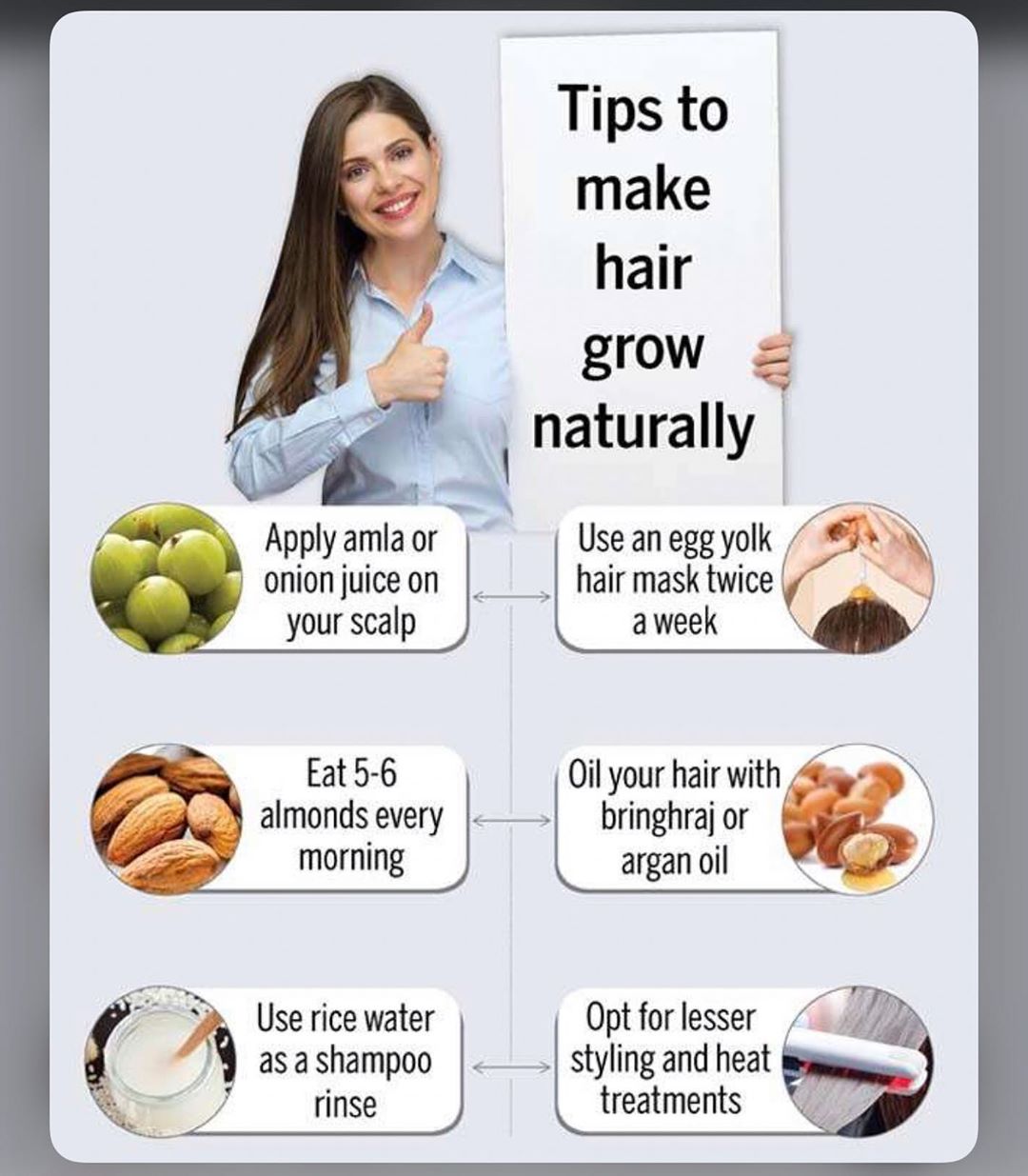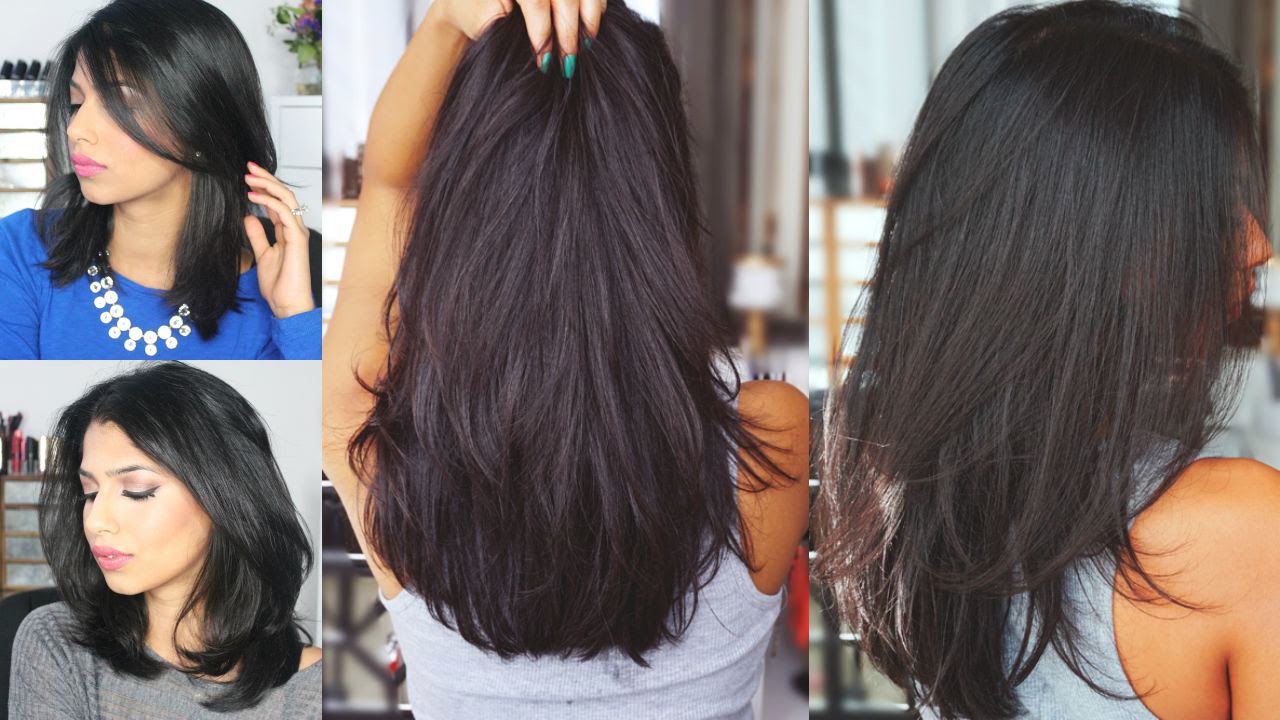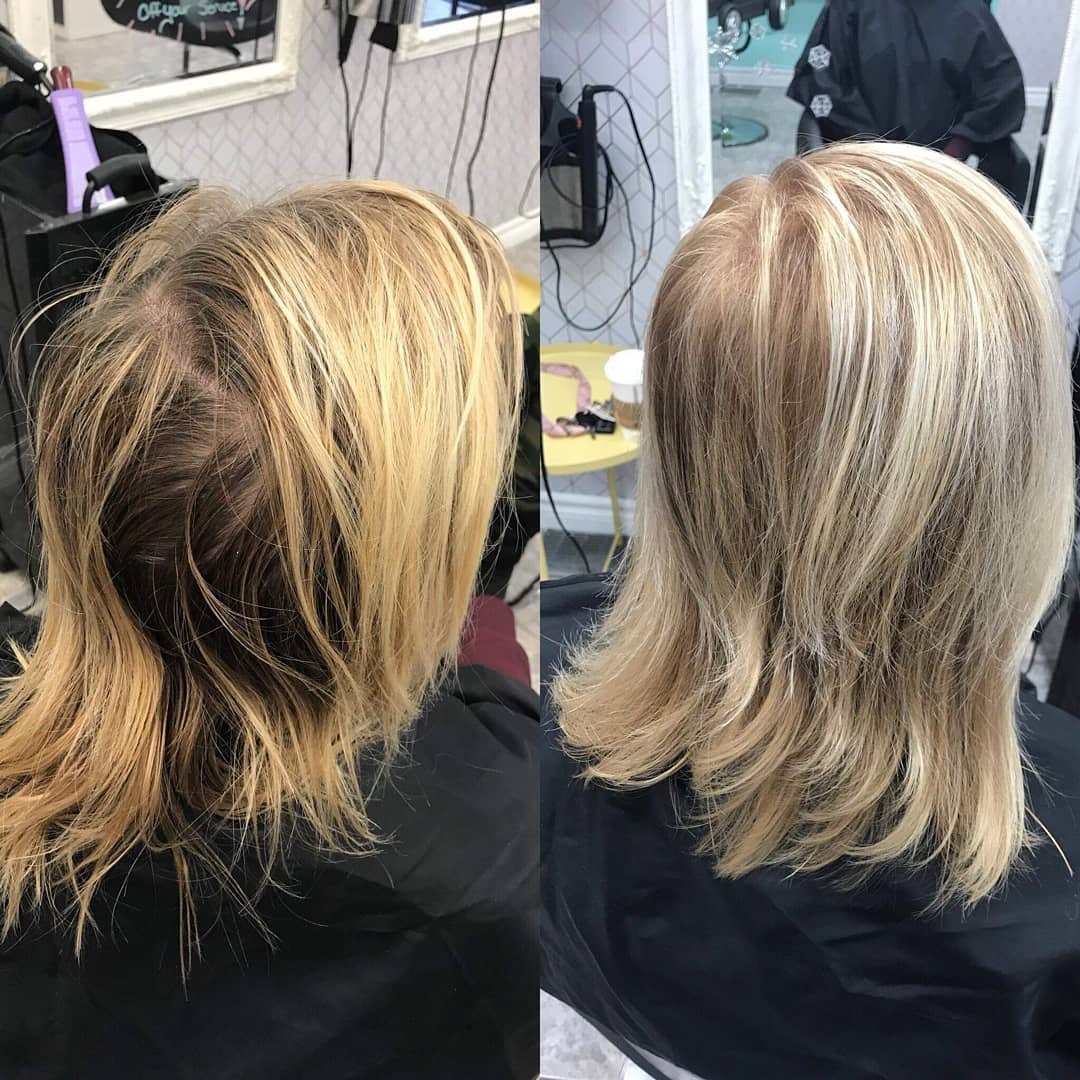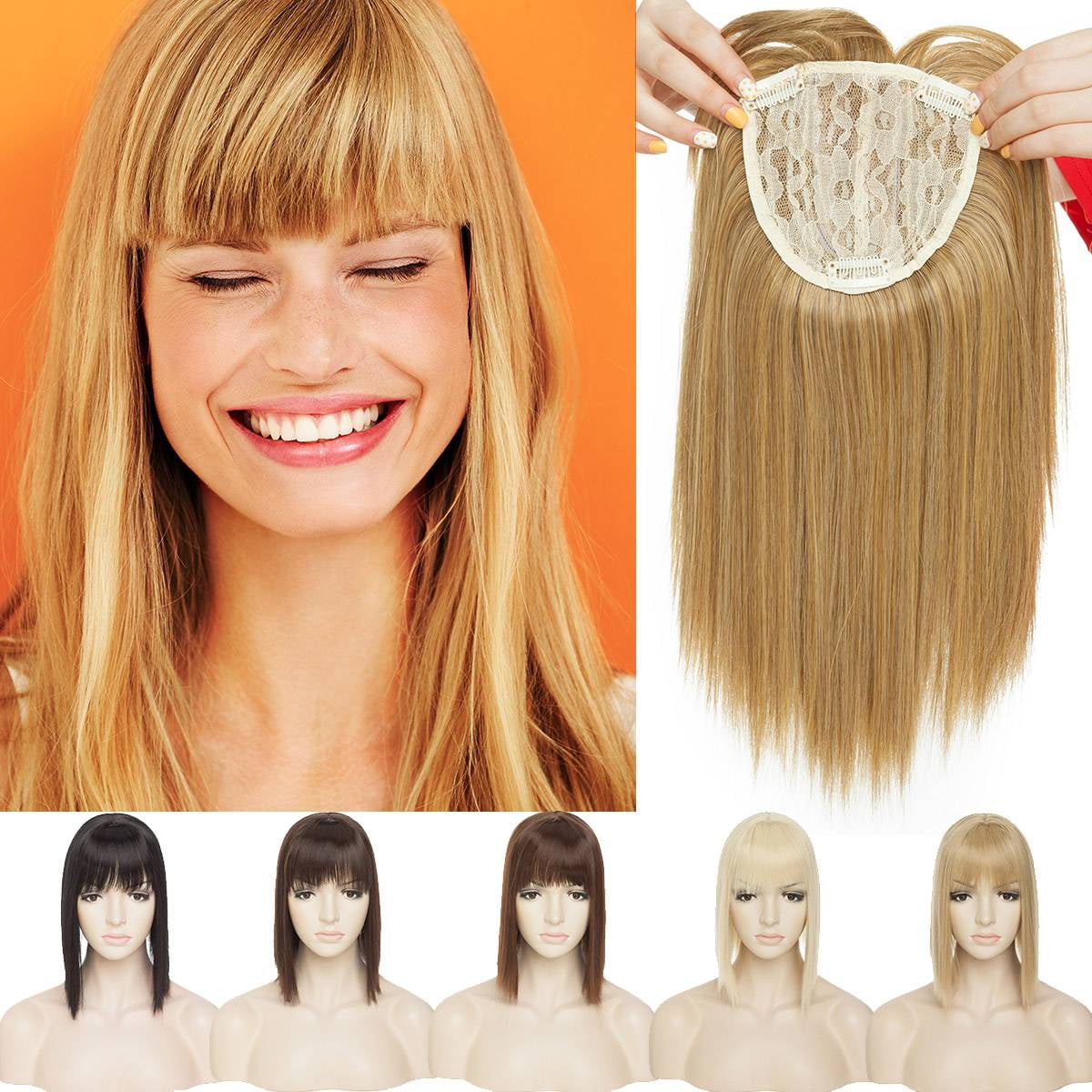Table Of Content
According to the CDC, scalp hair grows an average of one-half inch per month. If your hair is two inches long and you’re aiming for shoulder length (about 12 inches) growth, that adds up to a little less than two years to reach your goal. A silk or satin hair cover or pillowcase is better for the health of your hair than cotton, which will absorb all the moisture from your strands and lead to tangles and breakage.
Use hair growth serums.
Consider changing pillow covers and bedspreads for better nutrient absorption. There’s potential for benefits from hair extensions, but they can also do harm. It’s always good to try methods that don’t involve extensions, like growing your hair or getting a trim every 4-5 weeks. Additionally, embracing looser hairstyles, reducing heat styling, and incorporating periodic trims can safeguard against breakage, ensuring the overall health of your hair as it grows longer. "Make sure the heat protectant is one of the first things to touch your hair after washing it," reiterates Grand. "Heat damage can cause your strands to snap, which affects the length you worked so hard to grow."
Use Hair and Scalp Masks
It may be combined with certain prescription treatments recommended by your dermatologist. Talk with your doctor before trying supplements like biotin, keratin, or other nutrients. They may interact with any medications you take and cause unintended side effects. How long the anagen phase lasts depends on how long your hair is and if the cells in your follicle base are continuing to multiply and become hair cells.
Try using minoxidil.
If you’re concerned about hair loss or have trouble getting your hair to grow, speak with a doctor to find out why this may be happening. These ingredients may improve and protect the scalp barrier, resulting in reduced hair thinning. Additionally, according to a 2019 review of research, using a heat-protectant product before using a heated styling tool may significantly reduce hair breakage. “Even after resuming a healthy diet, hair shedding usually goes on for a period of months,” said Bordone. While oily and straight hair may require daily washes, you may not need to shampoo daily if you have dry or damaged hair. If you’re experiencing unexplained and/or severe hair loss, you should schedule a checkup with your doctor, as certain health conditions can cause hair loss.

14 Expert Tips to Make Your Hair Grow Faster in 2024 - Cosmopolitan
14 Expert Tips to Make Your Hair Grow Faster in 2024.
Posted: Wed, 13 Dec 2023 08:00:00 GMT [source]
There are limits on how much hair will grow in a week, but giving your hair a little extra love will maximize hair growth in a short period. Bond-building treatments, such as Olaplex or similar products, are designed to repair and strengthen damaged hair. While they don't directly stimulate hair follicles or increase the rate of hair growth, they may indirectly support healthier hair growth by improving the overall condition of the hair. You can also find hair growth serums that contain active ingredients that have been FDA-approved to promote hair growth, like minoxidil. According to Dr. Bhanusali, topical caffeine not only helps stimulate blood flow to your scalp (which is essential for healthy hair growth), but it also helps counteracts DHT, the hormone responsible for hair loss.
How long do braids take to grow your hair?
“This increasingly popular treatment works wonders in improving the function of hair follicles by utilizing high-volume platelets derived from the patient’s own blood,” says Dr. Sobel. As he describes, this “liquid gold” solution stimulates cell regeneration and triggers and maintains the hair’s growth phase. An additional advantage of PRP is that it comes from the individual’s blood, ensuring there are no adverse or allergic reactions to worry about. Hair never seems to grow more slowly than when you need it to do the exact opposite. If you’re wondering how to grow hair faster, the first thing to keep in mind is that there’s no sudden miracle cure for transitioning between hairstyles or growing out an unfortunate chop overnight. On average, you should expect a maximum half inch of new growth per month—and that’s under the healthiest conditions.
Fish oil
The shed structure combines with keratins to form hair strands that exit your skin’s surface. As you age, some follicles stop producing hair, which is what causes baldness or hair thinning. Stress hair loss can be traced back to the stress hormone cortisol, which triggers your hair to enter its resting phase. It can also take a while to show up, so you may not see the shedding until three months after the stressful event. "The journey going from short to long hair can feel daunting," says Branch. This doesn't necessarily encourage growth, but it does protect the hair length you already have.
Geranium oil
Even if you're not a meat lover, you should still aim to maintain a diet high in protein for hair growth. Women who don't get enough of it often experience "more hair shedding," Dr. Fusco says. But in general, it can’t hurt to see a doctor and get a full blood panel to make sure you’re healthy, as vitamin deficiencies can stunt hair growth. Even if you're using a great shampoo for damaged hair, if you're not using a conditioner every time you wash your hair, you're not doing it right. Dry hair hinders growth by increasing the chances of breakage, so it's important to moisturize your strands to restore growth proteins back into hair follicles.
Keep reading to learn 14 ways you can help your hair grow and prevent breakage. Any unusual hair loss should be addressed with a doctor, no matter the time of year. If your scalp is slightly oily but your ends are not, try a dry shampoo in between washes. Topical ointments are generally recommended for people who experience hair loss and may help your hair grow. The set includes almond, avocado, castor, coconut, and grapeseed oils.
The speed at which a person’s hair grows depends on genetics, sex, age, and hormones. This phase allows the follicle to grow new hair unless it is damaged or affected by an underlying condition, such as alopecia. However, the studies are limited and have a lack of quantitative data. Additionally, the National Institutes of Health (NIH) state that vitamin B7, or biotin, deficiencies can lead to thinning of the hair and hair loss all over the body.
At least anecdotally, there seems to be some benefit to this generations-old pro-tip. Rice includes the antioxidant inositol, which is known as a hair rejuvenator. Scheduling a haircut can feel counterproductive when you want your hair to get longer. But regular trims keep hair from breaking and getting even shorter, Dr. Bergfeld notes. Get your fill of B7 from foods like eggs, fish, meat, seeds, nuts, sweet potatoes, broccoli and cauliflower, or try out a mega-B vitamin.









